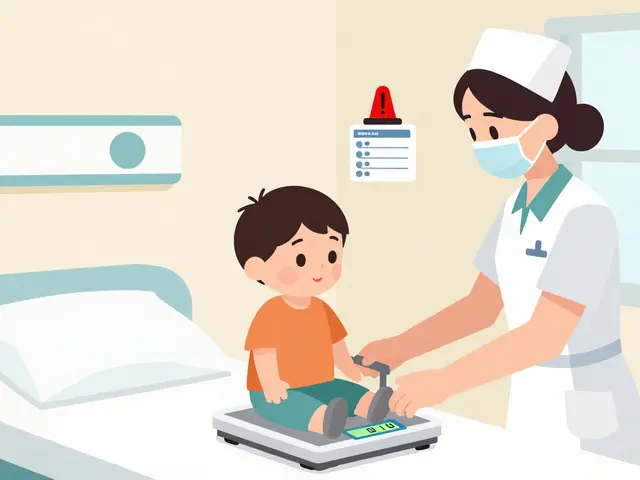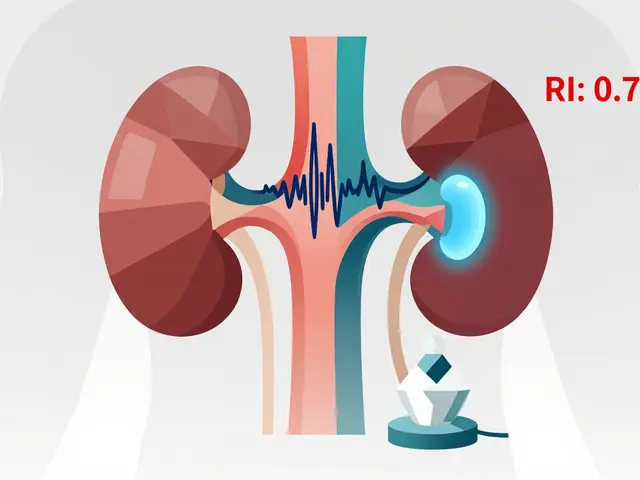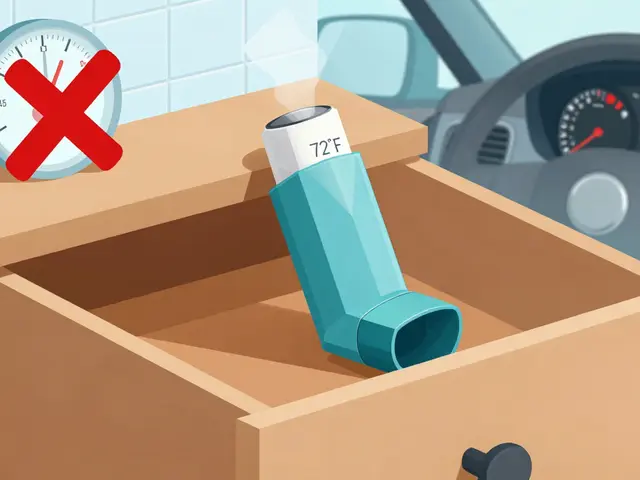Levothyroxine — what it does and why timing matters
Small pill, big impact: levothyroxine replaces the thyroid hormone your body needs to control metabolism, energy, and temperature. If your doctor prescribes it for hypothyroidism, the goal is steady blood levels so you feel normal and avoid long-term issues like high cholesterol or heart strain. This page gives clear, practical steps you can use right away.
How to take levothyroxine
Take levothyroxine on an empty stomach, 30 to 60 minutes before breakfast. Food, coffee, and some supplements cut how much your body absorbs. If morning dosing is hard, you can take it at bedtime — just be consistent and keep it several hours after your last meal.
Use the same brand or generic consistently. Different manufacturers can vary slightly; staying with one product avoids unexpected changes in thyroid levels. If the pharmacy switches your brand, mention it to your provider so they can check your lab tests later.
If you miss a dose, take it as soon as you remember the same day. Don’t double up the next day. For occasional missed doses, this keeps your levels stable without increasing side effects.
Monitoring, dose changes, and pregnancy
Thyroid-stimulating hormone (TSH) is the number your doctor watches. Expect a blood test about 6–8 weeks after a dose change, then every 6–12 months once stable. Labs guide small dose tweaks because symptoms alone don’t tell the full story.
If you become pregnant or plan to, tell your doctor. Pregnancy often raises the amount of levothyroxine you need, and early adjustments protect the baby’s brain development. Many women need a higher dose during pregnancy and will return to their previous dose after delivery.
Older adults and people with heart disease often start at lower doses. Levothyroxine speeds up the heart; too much can cause palpitations or chest pain. If you have heart disease, your doctor will increase the dose slowly and monitor you closely.
Common interactions and side effects
Calcium, iron, antacids with aluminum or magnesium, and bile acid binders reduce levothyroxine absorption. Wait 4 hours after taking levothyroxine before taking these, or take them several hours before. Certain antidepressants, seizure medicines, and estrogen can change dose needs — always tell your provider about new prescriptions.
Side effects usually mean the dose is too high: anxiety, rapid heartbeat, sweating, and weight loss. If you notice these symptoms, contact your healthcare provider. If a severe reaction occurs, seek urgent care.
Storage and safety are simple: keep pills in a cool, dry place away from direct sunlight, and out of reach of children. Don’t share your medication. If you buy levothyroxine online, use a licensed pharmacy and avoid deals that look too good to be true — wrong dosing and counterfeit pills are real risks.
Ask questions at your next visit: should you keep the same brand, what lab follow-up is needed, and what other meds might matter. Small habits — same time every day, separate supplements, and routine labs — make levothyroxine work well and keep you feeling like yourself.
Levothyroxine is widely known for its role in treating Hashimoto's Disease, an autoimmune disorder affecting the thyroid. This medication helps regulate hormone levels and alleviate symptoms like fatigue and weight gain. Understanding the function and benefits of levothyroxine can significantly impact management for those with Hashimoto's. It's crucial to explore dosage strategies and potential side effects for optimal results. Dive into the practical uses and insights about levothyroxine to better navigate this thyroid condition.
Continue reading...






